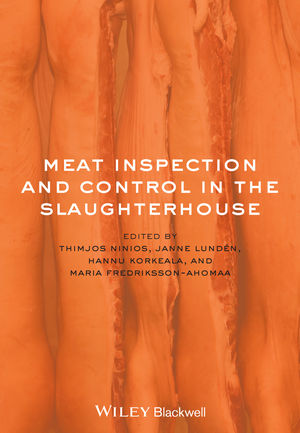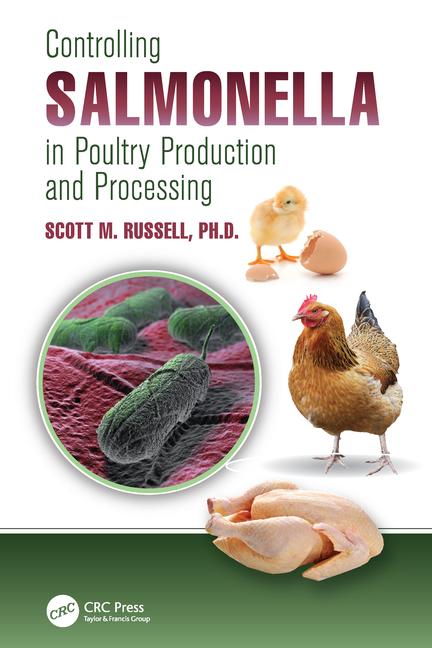Global ingredient supplier Corbion has been granted a patent for the unique method it uses to produce highly concentrated vinegars that let meat processors better inhibit the growth of Listeria and other pathogens without compromising the sensory qualities of their products. Using this process, Corbion, long known for its expertise in food preservation, creates solutions such as Verdad Opti Powder N450 and N460 as free-flowing powders that deliver multiple functional benefits, including increased food safety and product shelf life without negative flavor and texture impacts.
“Corbion’s history of innovation in ingredient technology has often included advances like the one this patent represents,” said Lonneke van Dijk, sr. business director for preservation at Corbion. “Because this patented process produces the best-tasting low-sodium vinegar powders on the market, our customers can have more effective, label-friendly solutions that protect consumers’ health, product quality, and operating efficiencies at the same time.”
Verdad Opti Powder N450, for example, can deliver a higher dose of vinegar without creating negative flavor impact, so it achieves a greater microbiological effect. By further extending product shelf life, it helps reduce emissions and costs tied to food waste. In North America alone, N450 is extending the shelf life of some 80,000 tons of processed meat for as long as 90 days without compromising sensory qualities of those products.
From a nutritional standpoint, N450, a proprietary blend of vinegar and sea salt, is also well-suited for reduced-sodium products since it is produced using potassium instead of sodium. While potassium-based solutions are often used by processors in creating low-salt options, most such solutions can only be applied at low dosages due to negative flavor impacts. But the high vinegar concentration provided by N450 delivers a stronger antimicrobial effect even at low dosage rates.
“The preservative power of vinegar has been part of the human diet for thousands of years,” van Dijk said. “We’re excited about what our high-concentration, low-sodium vinegar will mean for food manufacturers facing greater demands and challenges in today’s value chains; it lets us take the natural mechanism of fermentation and build on its ability to help preserve what matters.”








